Five steps to surviving national disasters
We’ve got this. But it ain’t gonna be easy. FEMA doesn’t cover national disasters. Maybe it should?
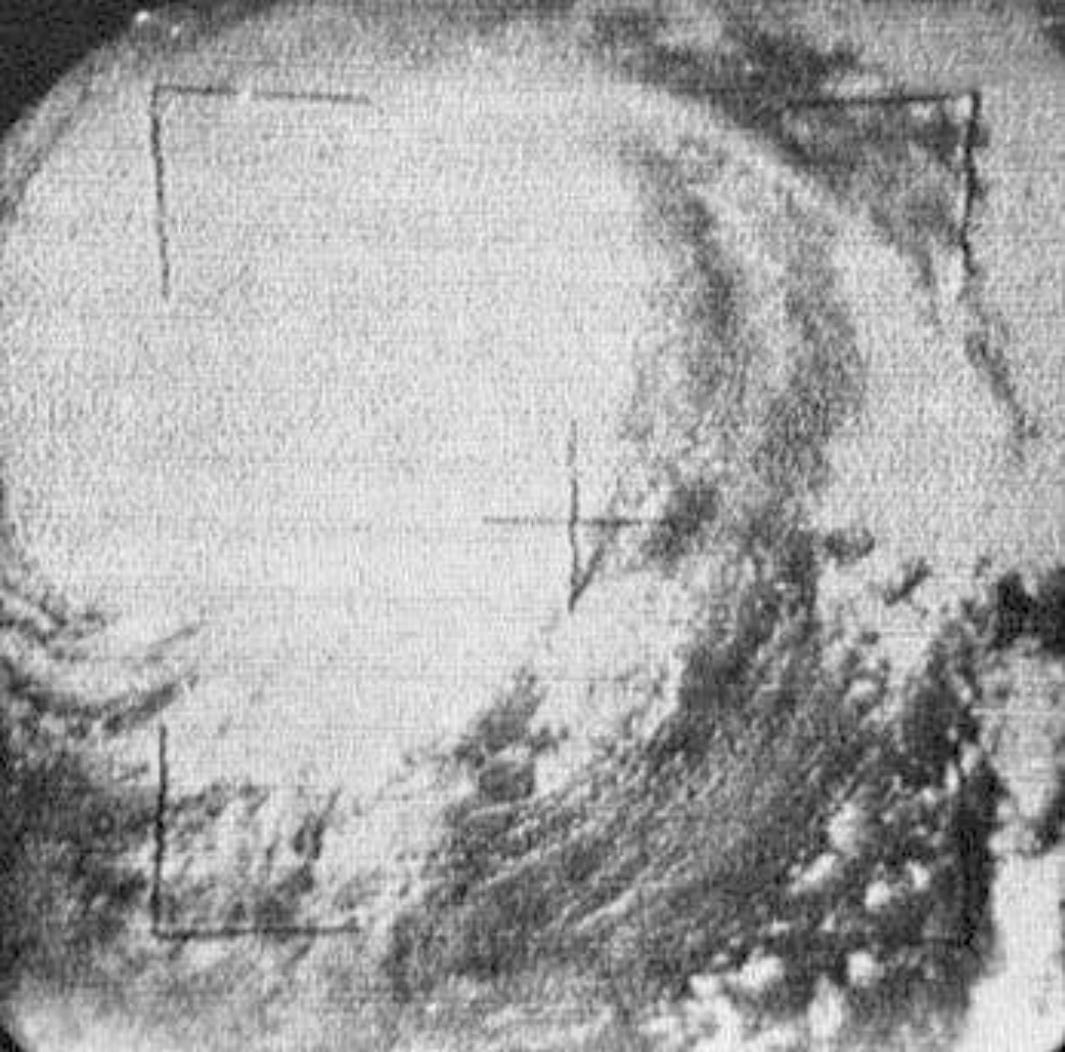
I was six when Hurricane Carla hit Houston on September 11, 1961. Over the most strenuous objections of my grandmother, my father loaded us into our 1957 Chevy hardtop and drove us down to the Galveston seawall. We watched as tides rose ever higher, lapping against the seawall. Skies turned yellow gray. There was this wall of storm headed towards us. I’ve never seen anything like it.
We headed home before storm surge or high winds hit. Houston barely had 500,000 residents in those days, and the Gulf Freeway was as finished as it would ever be. We weren’t ever in danger.
And yet I felt an excitement coupled with fear mingled with anticipation that I will never forget.
We lived in inner city Houston, so when our lights went out, they stayed out. It was then as it is now. River Oaks, Memorial, Tanglewood, those neighborhoods were tended to first. For us kids, that wasn’t a big deal. We had a huge yard, so cousins from both sides of the family descended on our house. My mom dragged out our little Coleman stove and an antique hurricane lantern that still worked.
For us kids, ages 3-10, Hurricane Carla meant playtime. Kickball, forts, dodgeball, bike riding, telling ghost stories — we had no idea what it meant to my mother to cook for a crowd on a tiny camp stove. What it meant for mom and dad to “entertain” the adults who assumed my parents didn’t mind. What it meant to have wall-to-wall pallets for everyone to sleep on.
FEMA was eighteen years away. We had to figure things out for ourselves.
Almost twenty-two years later, when Hurricane Alicia roared through Houston, I understood better what had happened in 1961. My apartment was on the south side of I-10. My parents’ home, less than half a mile away, was on the north side. South, Memorial. North, Spring Branch. My electricity was out for three hours. Theirs was out for a week. It was my turn to be the adult, to cook for them, to drag out Monopoly and Uno. To let them enjoy air conditioning that hot August week.
Forty years after Alicia, I lived in Ventura County, California. One gorgeous May morning in 2013, not long after my mother’s death, I was roused by loud, loud sirens. Opened the blinds to yellow smoke, to the sight of panicked neighbors. Fire marshals shouted over bullhorns — leave now, don’t pack anything, get out get out get out! The Springs Fire was less than ten minutes away, having raced from Highway 101 in about an hour. Santa Ana winds gusted around 50 mph.
I grabbed my laptop, threw clothes into the handiest tote, scraped meds and vitamins into my purse, and headed out. No time to take what we always say we must take. No photo albums, no keepsakes, no memories of my mom. Just the barest necessities.
I joined the crowd of neighbors parked along Lewis Road. We watched that yellow-gray wall of fire move through our valley, billowing black where our homes stood. Our eyes widened as farm workers continued to harvest strawberries, with That Fire barely a hundred feet from their tractors and harvesting equipment. Leave leave leave, we tried to scream. (We learned later they had apparently been threatened with termination if they left before their bosses gave them permission to do so.)
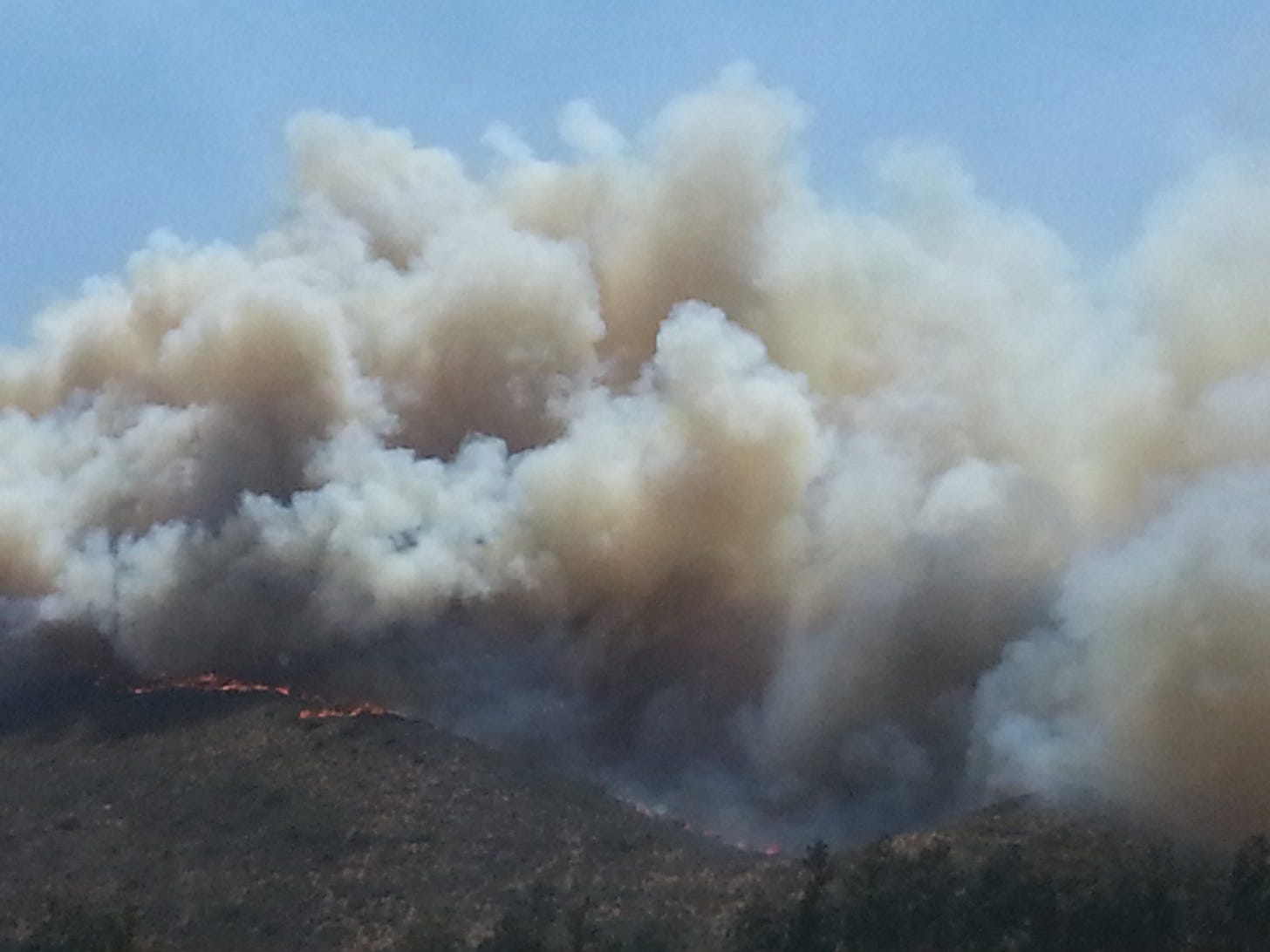
With the Red Cross shelter fairly full, I headed to Santa Barbara and found an inexpensive motel to wait out the fire. Two days, forty-eight hours, I anxiously awaited the all clear. I had no idea what to expect when I got home.
Driving those last few miles, I had no hope. Smoke still billowed, presumably on the other side of the mountains. My heart sank as I turned right on Lewis. To the north, no damage. But the south side of Lewis, where my home was? Black, all black. Even less hope as I turned into the entrance to the townhome complex. The street was as scorched as the fields through which it wended.
And yet, and yet! Not one townhome was singed, much less destroyed. The landscape around outermost apartments was burned to a crisp. But those outermost apartments also had sustained no damage.
Our townhomes were part of Cal State Channel Islands, so I walked the campus and neighborhood. No damage. The fire had burned right up to the walls of the gymnasium and one dormitory, but had not damaged either.
When I spied Mill Valley firefighters resting before their trip home, I complimented them on their good work. “What did you guys do? How did you save this 800-acre complex?”
We would like to take credit, one of them said. But you’re lucky. The people who built your townhomes and the university buildings doubled down on fire safety codes.
He got up and pointed to the eaves. See that? There is not even the tiniest space for a spark to enter. Pointing to the balconies. See that? It’s not wood, even though it looks like it. It’s the most fire repellent composite on the market. It cannot burn. Pointing to the ubiquitous red tiles. See that? It cost them extra, but they doubled down on the tiles above the eaves and turned them inward. No way for sparks to get under the tiles. Pointing to what I’d always thought were concentric running tracks around the campus. See that? Those are protected green belts. Yes, the fire can jump the tracks, but they’ve kept the green belts watered, so it slowed the fire down. The double green belts gave us twice the time.
Wow. Adults designed and built that university and townhome complex. Adults who understood the value of spending a bit extra up front to save lives and property later. Simply wow.
I have thought about Hurricane Carla, Hurricane Alicia, and the Springs Fire as our nation seems to be spiraling into a national disaster that threatens the very core of who we are and what we believe. Here’s my take-away from those natural disasters, what I see as having contributed to a positive outcome to events that could have destroyed us.
Protect the vulnerable.
The stronger among us should be cooking over that Coleman stove for our weaker, more vulnerable citizens. We should not lose sight of the needs of those who cannot help themselves, whose resources are limited, who may be targeted for being who they are. Spread those pallets, cook those simple campfire meals, protect them.
Seek community.
Community is critical. Whether it’s a bajillion cousins building blanket forts, or parents playing 42, or neighbors bonding along Lewis Road, or Red Cross setting up hundreds of cots for displaced persons, or coworkers buying Chinese takeout when I had to work late and could not cook for my parents — whatever the face of community, it’s what will see us through. Community restores our breath, community gives hope.
Survive.
Surviving a natural disaster requires surviving. That may seem silly, but it’s not. It’s putting one foot in front of another, remembering where that extra blanket is hiding, turning meager resources into a meal, figuring out how to make that antique hurricane lantern work (and locating the wick!), moving things around in the refrigerator to accommodate necessities.
To survive, we can’t worry about how long the electricity will be out. To survive, we cannot long for ice tea when there’s no ice. To survive, we should not leave branches from the big oak tree in the street for someone else to remove.
We push through one day at a time, one crisis at a time. We solve immediate problems, not problems that may arise tomorrow.
Understand the scope of the disaster.
Take stock of the destruction. Grasp — and grapple with — the enormity of the disaster. Yes, it is necessary first to protect the vulnerable, seek community, and take one day at a time (survive). Yet we should also broaden our horizon and look beyond our street, our house.
How is this affecting the next street over? Did you drive by a house that has been damaged? Was someone in your neighborhood, or the next neighborhood over, or your city, made homeless?
Even with the blessing of FEMA, we bear responsibility for that larger scope outside our four walls. Working together with FEMA, we can alleviate distress for perfect strangers. It helps if we comprehend what “we” are up against.
Do a little adulting.
In every specific example above, the adults in the room determined the positive outcome of the disaster. With the Springs Fire, the “adulting” that was present with the design and construction of CSUCI and University Glen saved both lives and property. Eight hundred homes and around forty campus structures survived the blaze — intact. $0 in repairs. $0 in losses, except for one single picnic table (cactus and grass regrew).
Merriam-Webster defines “adulting” as the act or practice of attending to the ordinary tasks required of a responsible adult.
I can guarantee you that my mom did not enjoy cooking big meals for a bajillion cousins on a Coleman stove. I can guarantee you that my dad didn’t appreciate having to be the grownup who insisted they clear branches and leaves in the August heat. I can guarantee you that it wasn’t fun, working 8-10 hours, then going home to cook for my parents (although I will admit, it was fun having them around for the evening to play Uno).
I can guarantee you that the CFO of the CSUCI project wasn’t happy when their architect proposed spending extra money to fireproof the campus and townhome complex. I can guarantee you that someone in the California legislature tried to roll back building codes that protect homes and livelihoods, deeming those regulations “unfriendly to business,” and was voted down by adults. Who were adulting.
Our current national disaster is not much different from Hurricane Carla or the Springs Fire. We may not “see” yellow-gray storm clouds or yellow-gray walls of fire. We may not yet be cooking over a Coleman stove or standing on the side of Lewis Road, watching smoke consume our neighborhood.
But we are indeed watching a national disaster play out in real time. What we’re witnessing will be in tomorrow’s history books. How we respond will determine what those history books record.
I recommend:
Protect the vulnerable. Stand up for immigrants. For LGBTQ+. For trans men and women, for nonbinary individuals. For those who cannot afford an attorney. For day laborers. For people of color in El Paso, in Laredo, in San Diego, in Kennett Springs, Pennsylvania, in Yuma, Arizona. What am I saying? In Prince George’s County, Maryland, holding a federal protection order.
Seek community. We cannot do this alone. We need our families. Lacking families, we need neighbors, friends, coworkers. They need us. Find your fellow warriors.
Survive. Avoid worrying about what will happen on April 15, or September 1, or at the next elections. Make a point of living one day at a time, finding something of beauty, something to lift your spirits. (I am actively looking for a border collie mix rescue!)
Understand the scope of the disaster. I am not recommending doom scrolling. In fact, doom scrolling will work against your survival and coping mechanisms. Yes, watch or read the news, but limit your exposure if possible. We often complain about people who watch Fox News 24/7. I submit that watching MSNBC or CNN 24/7 is equally harmful.
But we need to comprehend what and whom we are up against. We cannot do that if we bury our heads in the sand.Do a little adulting. Attend to ordinary tasks required of a responsible adult. Even if you don’t want to, or don’t feel like it. We badly need adults to rebuild and redefine guardrails. To sweep up the mess. To clean house, literally and figuratively.
We’ve got this. But it ain’t gonna be easy. FEMA doesn’t cover national disasters.
Maybe it should?
PS: Hurricane Carla made
famous. His reporting would forever change the way the news media covered hurricanes. This national disaster will similarly make heroes famous. But it’s risky and dangerous and not fun in the doing.© 2025 Denise Elaine Heap. Please message me for permission to quote.
Now More Than Ever is a reader-supported publication. To receive email notifications regarding new posts, and to amplify my voice here on Substack, please consider becoming a free or paid subscriber.
If you’d simply like to leave a tip for this specific post, I would be grateful!
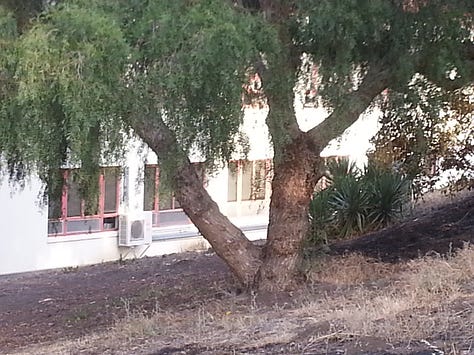
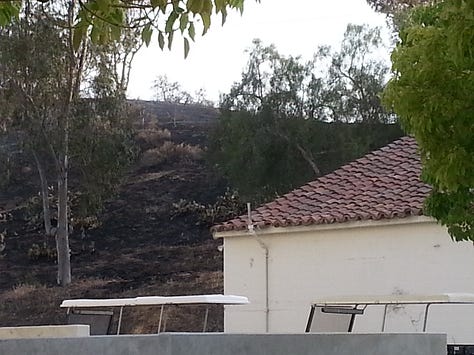
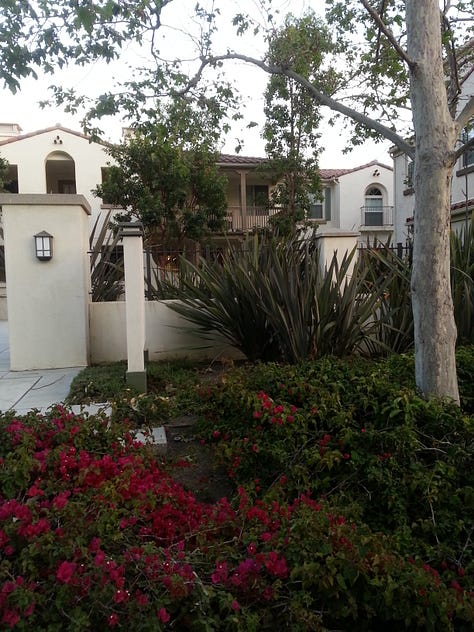
May we come through our national disaster as whole and well.



